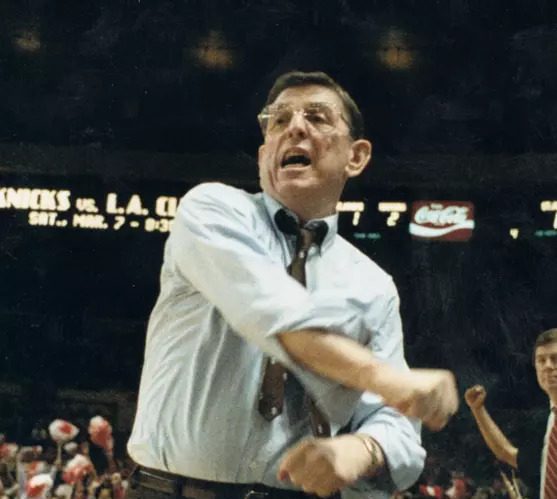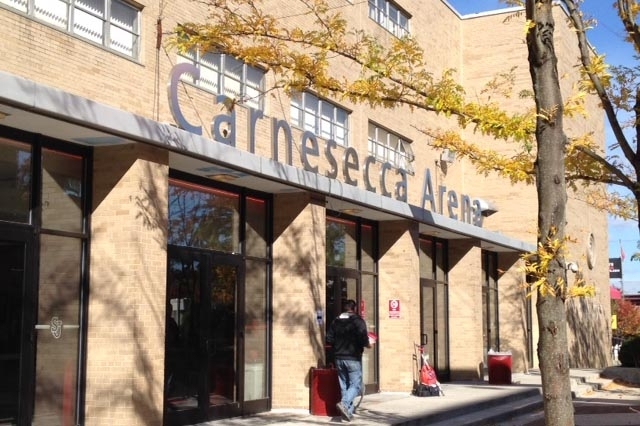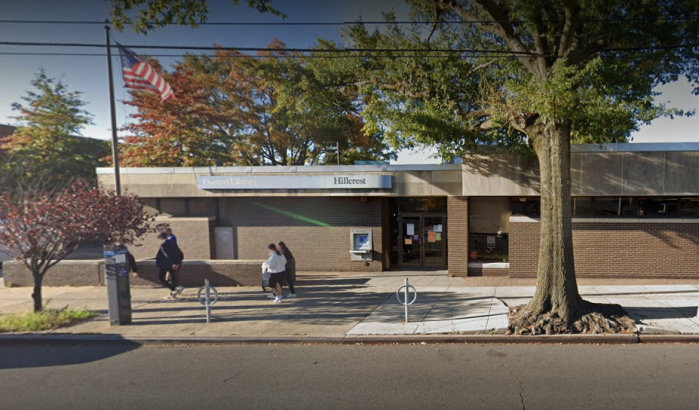By Rory Lancman
Our bail system is broken, and last week we learned how badly it fails to keep us safe.
Our entire city mourned after the murder of hero Police Officer Randolph Holder allegedly at the hands of a lifelong criminal who should not have been walking the streets. Holder represented the finest traits of our city – an immigrant who moved here for a better life and found it by keeping the rest of us safe. His death is a tragedy that requires action, so that no other officer or citizen suffers this fate in the future.
The man who is suspected of shooting Officer Holder, Tyrone Howard, is a career criminal. As Mayor Bill de Blasio put it, most of Howard’s life was spent either in jail or committing crimes. At the time of the shooting, he had an open warrant for his arrest. Howard had missed several drug tests and court dates that were part of his mandated treatment in drug court. He had numerous previous drug convictions and had been arrested (although not formally charged or convicted) in a shooting in 2009. He was arrested in 2014 with 18 other members of a violent drug gang in a Manhattan housing project.
Howard was clearly a hardened criminal, and the judge who arraigned him likely noticed this. His bail was set at $35,000 –a hefty amount in the world of bail — because the judge probably assumed he would be unable to afford this amount and would thus remain in jail — off the streets — until his trial. It may seem odd that he was offered the opportunity to make bail at all rather than being remanded straight to custody until trial, if the judge believed Howard was dangerous and a risk to others in our community.
But New York state law, crazy though it may seem, currently does not allow judges to consider public safety, i.e., the dangerousness of the defendant, when setting bail. As I heard time and again during my Courts & Legal Services Committee hearing on bail this past June, the only tool available to judges who have a potentially dangerous defendant before them at arraignment is to attempt to set bail so high that hopefully the defendant can’t pay it. This is no way to run a criminal justice system, and no way to keep the public, and our police officers, safe.
New York is by far an outlier in our nation: one of only three states where judges can’t consider public safety.
This is absurd, and it’s why I’m pushing, along with Chief Judge Jonathan Lippman, Mayor Bill de Blasio and Speaker Melissa Mark-Viverito, for the state law to be changed. Judges must be able to consider whether a defendant presents a risk to the public when they make a bail decision. We cannot constrain judges to only consider flight risk, when dangerousness is an even more important concern.
We also need to keep dangerous criminals out of our drug courts. These diversionary programs are designed to get addicts into treatment. For those who complete the program, we see reduced recidivism and changed lives. But some people simply aren’t good candidates for drug court because the risk to the public clearly outweighs the likelihood that they will reform. That’s why the statute must be amended to include more public safety considerations.
The statute is currently too narrow, prohibiting only those with violent felonies from entering the program. It needs to be broadened beyond this to maintain our city’s safety. The limitations for admittance must allow for other factors, including gang ties and compliance with previous court orders.
These are crucial steps that we must take to prevent further tragedies and put cop killers behind bars. New York needs to get with the times and join the 47 other states that allow public safety considerations in bail determinations. We simply cannot wait any longer.
City Councilman
Rory Lancman (D-Hillside)
Chair, Courts & Legal Services Committee


































